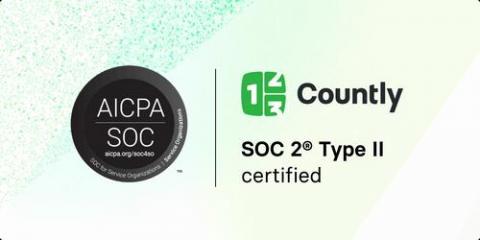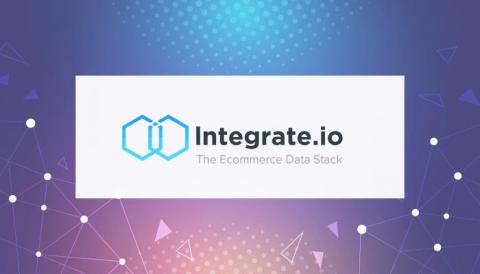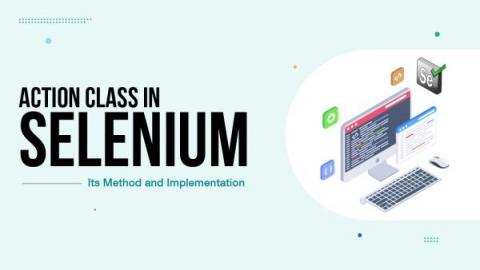Countly Receives SOC 2 Type 2 Certification
As a product analytics solution, establishing a strong sense of trust is vital to what we do. It provides the foundation for the relationships we build with our clients, which in turn allows our clients to confidently provide the services they need to their customers. Data privacy and security are both key components of building a level of trust that is essential for both our customers and ourselves as a company.











